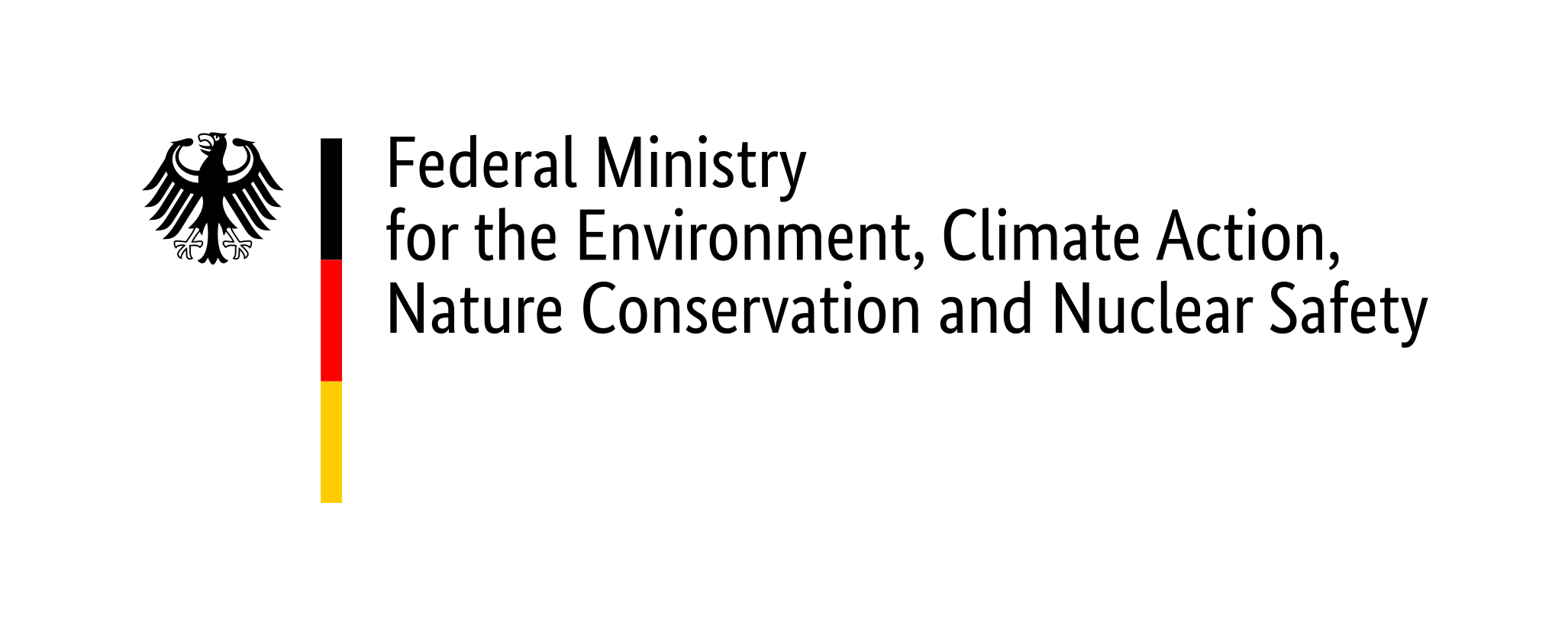SEAGUARD: Seagrass Growth and Adaptation Using AI Research & Development

Can AI help bring eelgrass to the Baltic?
SEAGUARD uses satellite imagery, regional climate projections, and machine-learning models to find seabed sites where eelgrass can persist and recover.
What we do
Map today’s habitats
High-resolution remote sensing + field validation to locate existing eelgrass beds.Find the best restoration sites
Habitat-suitability models that score where planting is most likely to work under present and future conditions.Accelerate climate simulations
ML “surrogates” that make key ocean–coast model runs faster and less energy-intensive.Track change
Simple indicators and dashboards to monitor recovery over time.
Why it matters
Seagrass locks away carbon, shelters marine life, clears the water, and buffers coasts. Restoring it helps to:
- Increase carbon sequestration
- Improve water quality and biodiversity
- Strengthen natural coastal protection
- Support EU policy goals (Marine Strategy Framework Directive, Water Framework Directive)

What you get
- Site-suitability maps with confidence scores
- Restoration shortlists tailored to constraints (depth, access, protection status)
- Planting windows based on projected temperature and light
- Monitoring toolkit to track outcomes after planting
Who we work with
- Public agencies (marine & coastal management)
- Local communities and practitioners (divers, fishers, NGOs)
- Scientists and students (training and co-development)
Partners
Our team spans AI, oceanography, marine ecology, and remote sensing.
Open science
- Code and data released on GitHub and Zenodo
- FAIR principles (Findable, Accessible, Interoperable, Reusable)
- Hands-on training for users of our tools
